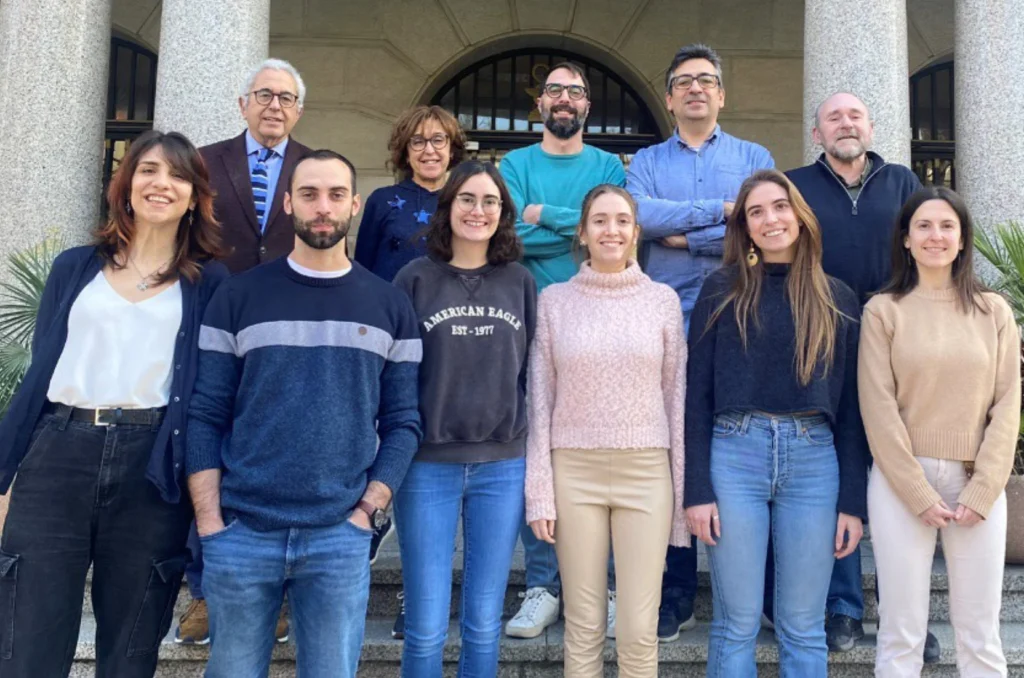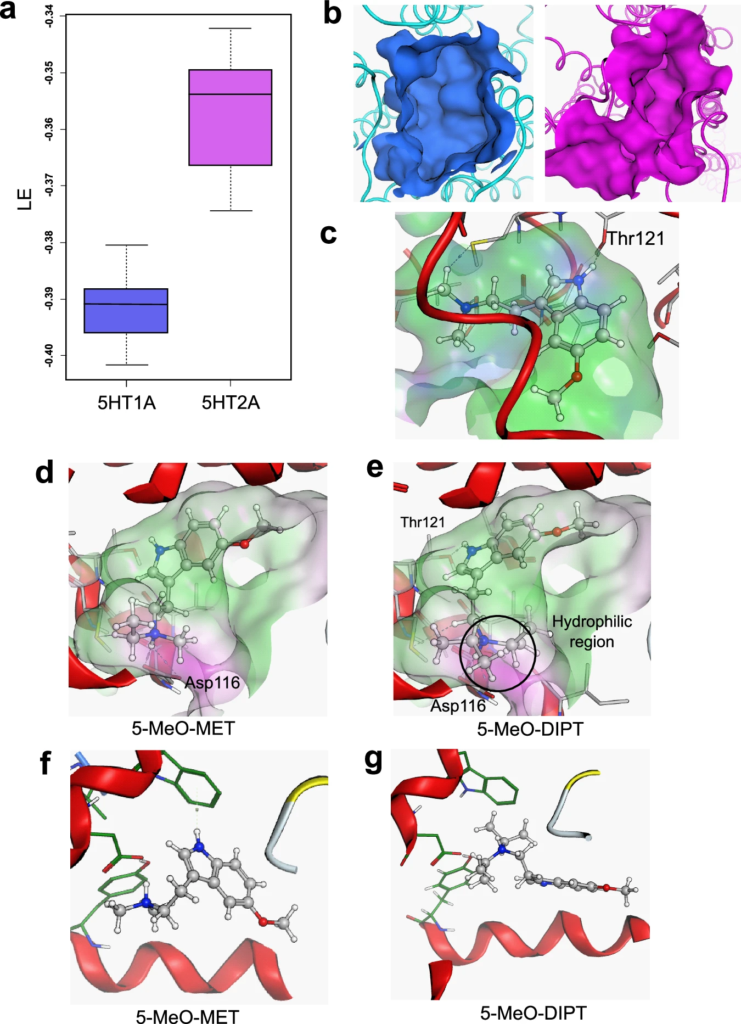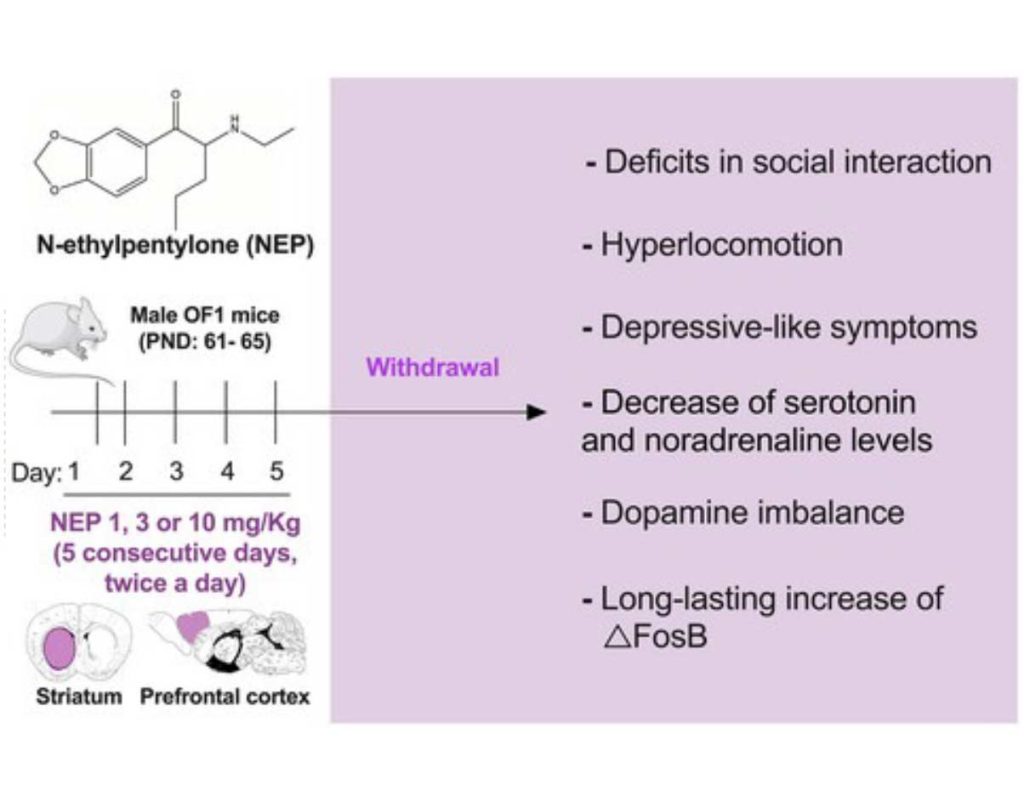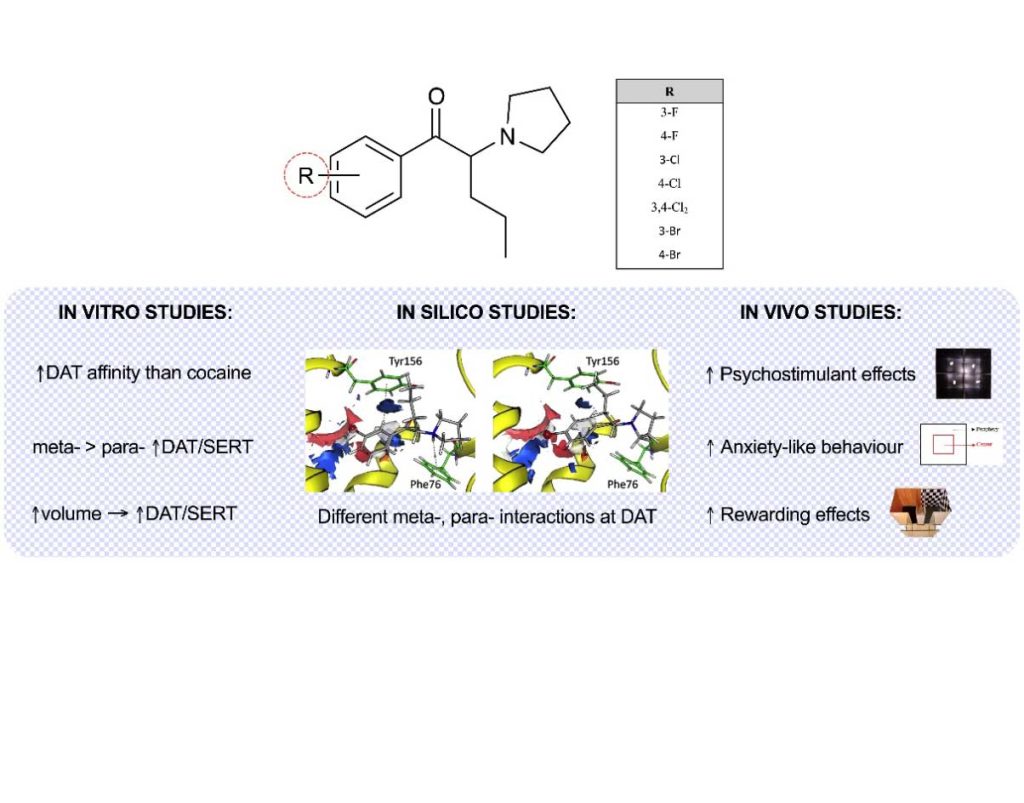NextGeNPS
Neuropsychopharmacology of amphetamine derivatives and other new psychoactive substances
We are a research group of the Faculty of Pharmacy and Food Science (Universitat de Barcelona). Our primary focus lies in the preclinical studies of the neuropsychopharmacology of novel psychostimulants and psychedelics.
The inclusion of these recreative elements in the lists of controlled substances prompted the emergence of synthetic alternatives, commonly referred to as legal highs or new psychoactive substances (NPS), around the early 2000s. These alternatives, spanning various chemical families such as cathinones, phenylethylamines, tryptamines, synthetic cannabinoids, and opioids, have garnered attention. Our specific interest lies in investigating the first three families on this list, many of which are designed to emulate scheduled drugs and serve as substitutes for MDMA, amphetamines, cocaine, and LSD.
As of the conclusion of 2022, the European Monitoring Centre for Drugs and Drug Addiction (EMCDDA) was actively monitoring approximately 930 NPS, with 41 of these first reported in Europe in the same year. These substances have proliferated due to factors like availability, pricing, and psychoactive potency. However, our understanding of their pharmacology and toxicology remains incomplete.
The Regulation of the European Parliament and of the Council on the early risk assessment procedure for NPS underscores the necessity for scientifically grounded information on the pharmacological and toxicological properties of NPS. This entails a comprehensive examination encompassing both in vitro and in vivo data. Emphasis is particularly placed on in vivo models to further elucidate their hazardous effects. Identifying emerging health problems associated with NPS is crucial, given the rapid emergence and diversity of available products, coupled with the addictive, lethal, and social consequences of NPS abuse. We attempt to contribute to addressing these challenges within the framework of Conventions and European policy and legislation.
Simultaneously, preclinical research suggests that certain abused substances, with a specific focus on psychedelics, have the potential to rapidly enhance cortical neuroplasticity and dendritic growth. Our research group is also dedicated to exploring this therapeutic challenge, aiming to leverage the findings for meaningful advancements.
We are a research group of the Faculty of Pharmacy and Food Science (Universitat de Barcelona). Our primary focus lies in the preclinical studies of the neuropsychopharmacology of novel psychostimulants and psychedelics.
The inclusion of these recreative elements in the lists of controlled substances prompted the emergence of synthetic alternatives, commonly referred to as legal highs or new psychoactive substances (NPS), around the early 2000s. These alternatives, spanning various chemical families such as cathinones, phenylethylamines, tryptamines, synthetic cannabinoids, and opioids, have garnered attention. Our specific interest lies in investigating the first three families on this list, many of which are designed to emulate scheduled drugs and serve as substitutes for MDMA, amphetamines, cocaine, and LSD.
As of the conclusion of 2022, the European Monitoring Centre for Drugs and Drug Addiction (EMCDDA) was actively monitoring approximately 930 NPS, with 41 of these first reported in Europe in the same year. These substances have proliferated due to factors like availability, pricing, and psychoactive potency. However, our understanding of their pharmacology and toxicology remains incomplete.
The Regulation of the European Parliament and of the Council on the early risk assessment procedure for NPS underscores the necessity for scientifically grounded information on the pharmacological and toxicological properties of NPS. This entails a comprehensive examination encompassing both in vitro and in vivo data. Emphasis is particularly placed on in vivo models to further elucidate their hazardous effects. Identifying emerging health problems associated with NPS is crucial, given the rapid emergence and diversity of available products, coupled with the addictive, lethal, and social consequences of NPS abuse. We attempt to contribute to addressing these challenges within the framework of Conventions and European policy and legislation.
Simultaneously, preclinical research suggests that certain abused substances, with a specific focus on psychedelics, have the potential to rapidly enhance cortical neuroplasticity and dendritic growth. Our research group is also dedicated to exploring this therapeutic challenge, aiming to leverage the findings for meaningful advancements.
Research Projects
NextGeNPS
Early and effective detection of addictive and hallucinogen potential in the next generation of psychoactive drugs to speed up the implementation of control measures by the EU
NPSrisks
Setting-up scientific-based evidences of the harmful potential of new psychostimulants and psychedelics, as a tool for preventing health risks in the frame of the Drug Early Warning Systems
SexDifNPS
Novel psychoactive substances.
Sex differences in their effects in young mice.
NeuroTICS
New generation of drugs protecting against neurotoxic industrial chemicals (NeuroTICS).
Other related research lines
Publications
More recent publications





